If you’re struggling to save money despite taking all the proper steps – don’t worry; you’re not alone. A new report by Forbes has revealed the best and worst states in the U.S. to save money in, and their reasoning behind the rankings may teach you a thing or two about why it’s become so hard to save.
Economic Struggles

As prices across the U.S. rise and the cost of living grows ever costlier, Americans struggle to save up their hard-earned cash.
Americans Facing Difficulty Saving Money

What used to be an easy process for millions of families nationwide is becoming more challenging as families feel their budgets being pinched tighter than ever.
Debt Trap

Many families have increasingly turned to credit cards or other buy-now-pay-later schemes to try and maintain a certain standard of living, but often, these can land people in more debt than they had intended.
Declining Savings Rates

Americans’ saving rate has plummeted from record highs in 2020 and 2021 of over 20% to just 3.8% in 2024.
Geographic Influences
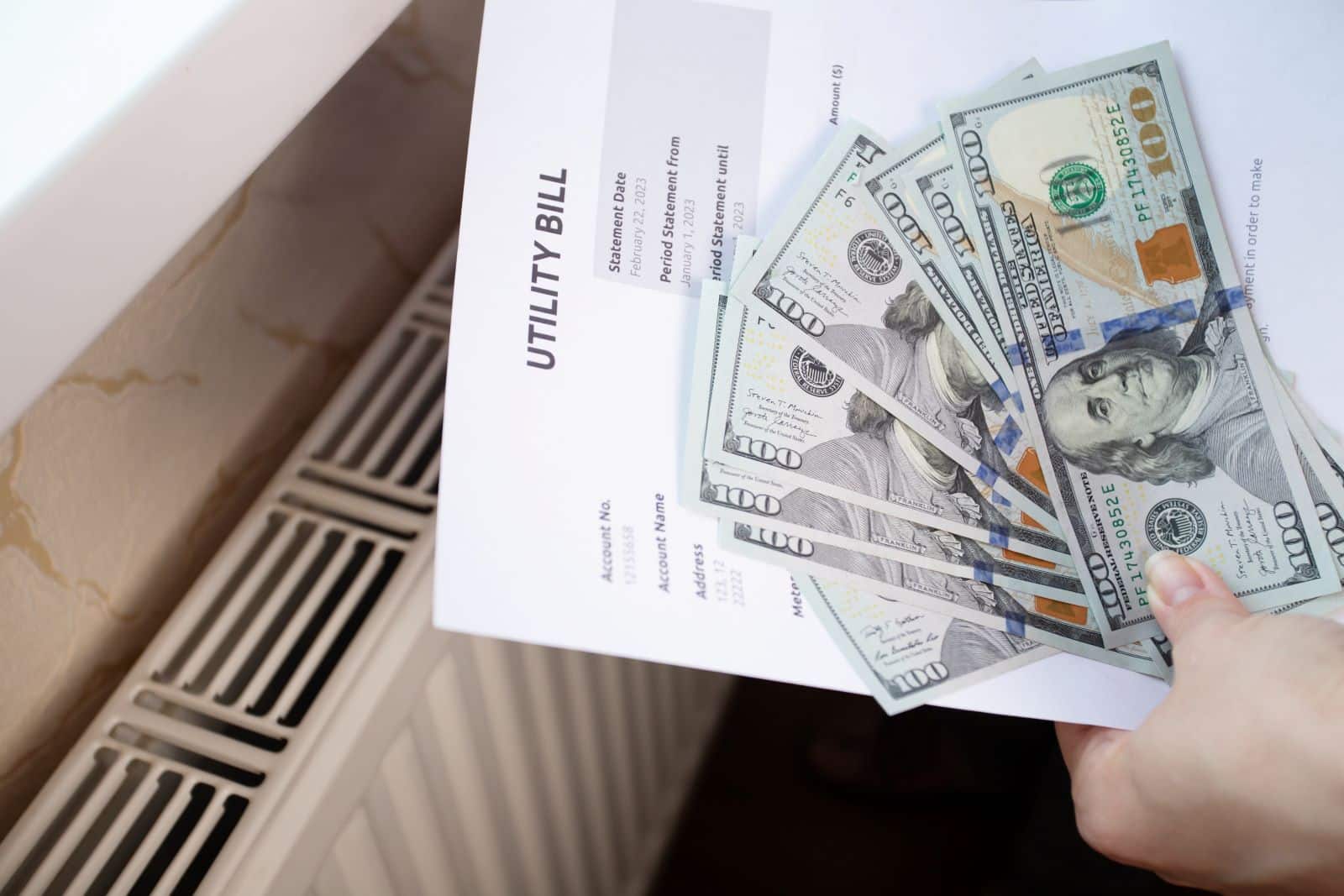
Many people struggle due to utility bills, rent, or everyday grocery prices, but a lot of the time, the biggest factor in whether a family will be able to save money is their location.
Evaluating States for Saving Opportunities

With that in mind, Forbes has analyzed all 50 states and the District of Columbia, looking at income and debt levels, cost of living, taxes, and housing to find out which regions are the best and worst to save in.
Top State for Savings Due to Low Debt
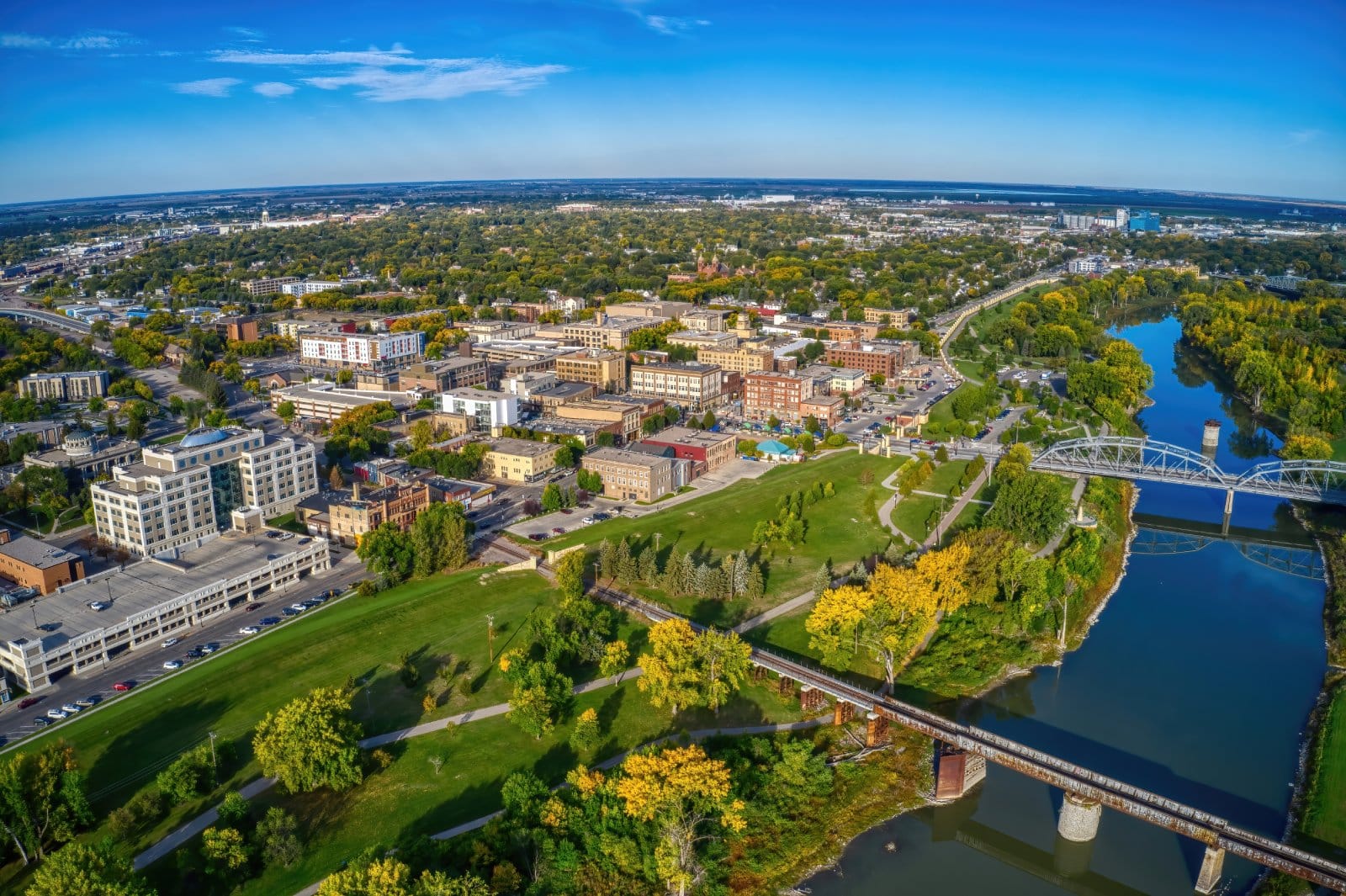
Their key findings were that North Dakota is considered the easiest state to save money, as fewer households there are having trouble paying their regular expenses compared to other states. Also, when you look at how much debt people have compared to their income, North Dakota ranks as having the third-lowest ratio in the whole country.
Midwest Advantage

When it comes to the easiest places to save, the Midwest is where it’s at. Eight out of ten states on the list are right in that region.
California Challenge

If you’re living in California, however, it’s a different story. California is the toughest state for saving money – that’s because everything there tends to cost a lot, like housing and daily expenses. This definitely makes it harder for people to put money aside, especially when you factor in that housing is 97% higher than the national average – according to real estate firm rentcafe.
Metro Area Analysis

When we zoom in on specific areas in states, Riverside-San Bernardino-Ontario in California takes the title for the most difficult metro area for saving money. This area has the highest debt-to-income ratio among the 15 major metro areas Forbes studied, meaning people there are more likely to owe a lot compared to what they earn. A high percentage of households also report difficulty paying their normal expenses.
Best States for Saving

The five best states to save money in were:
- North Dakota – the top state for saving due to its low debt-to-income ratio, affordable housing costs, and fewer residents facing financial difficulties.
South Dakota’s Success

- South Dakota – low housing expenses and manageable debt levels, although some residents still struggle with basic expenses.
Kansas’s Appeal
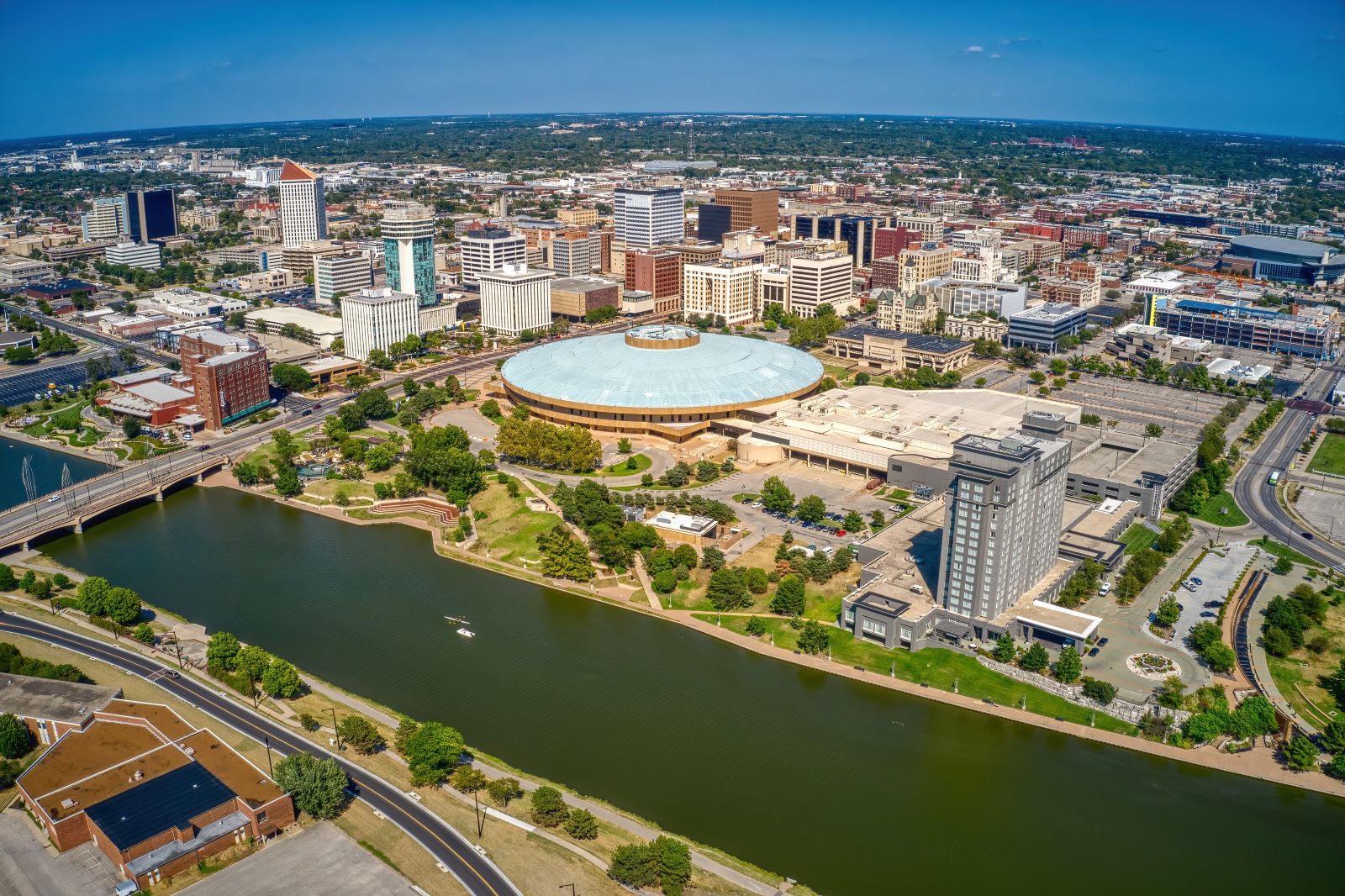
- Kansas – low cost of living, reduced debt burden, and relatively affordable housing costs.
Missouri’s Advantages

- Missouri – affordable housing market and lower debt-to-income ratio, although it sees a slightly higher percentage of households facing financial challenges.
Iowa’s Strengths

- Iowa – affordable housing and manageable debt levels for residents looking to build their savings.
Worst States for Saving

And the five worst states to save money in are:
- California – high cost of living and housing expenses, with a large percentage of renters spending a significant portion of their income on rent.
Hawaii’s Challenges

- Hawaii – highest debt-to-income ratio and second-highest income tax rate, limiting residents’ ability to save.
Nevada’s Struggle
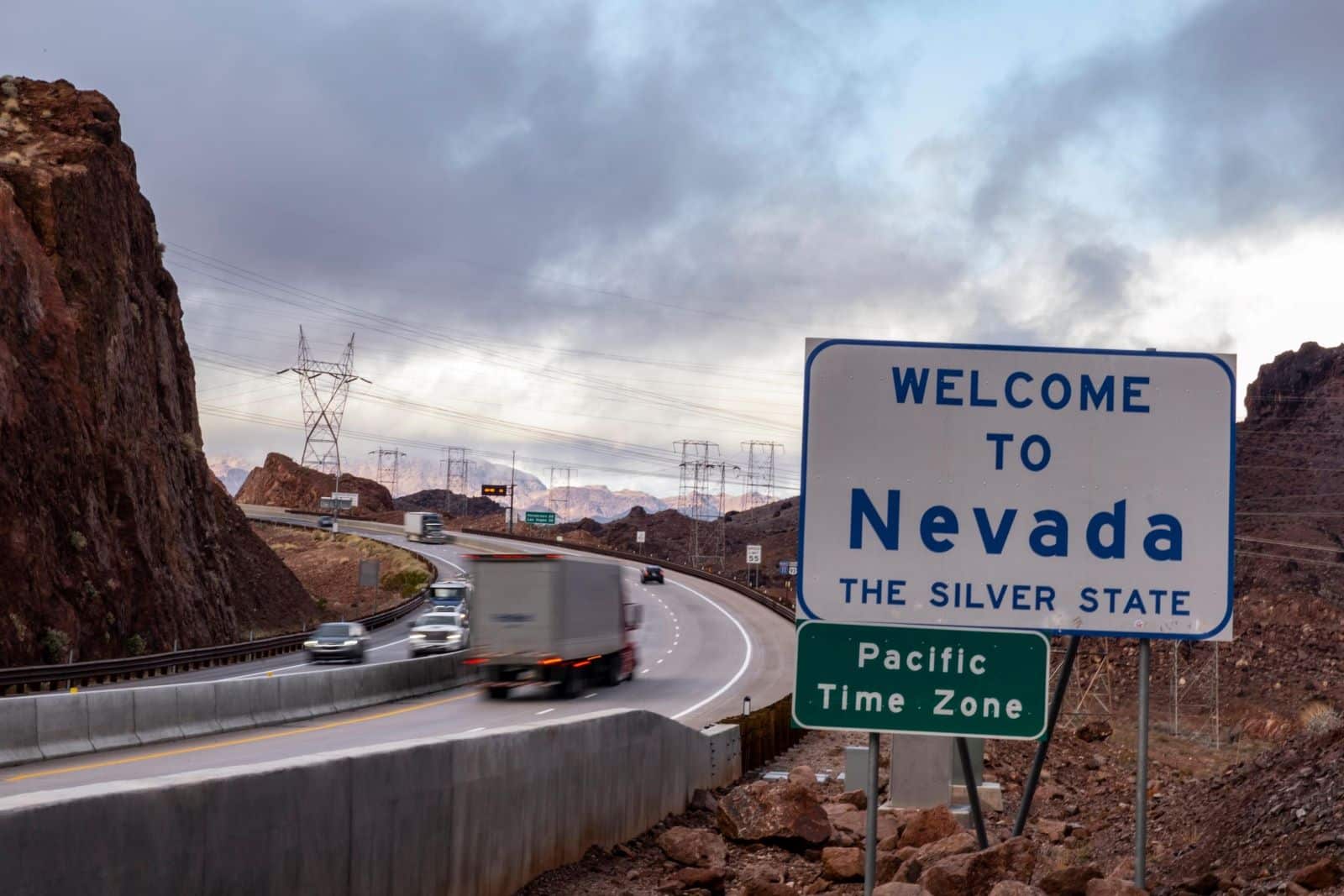
- Nevada – high housing costs and a high debt-to-income ratio, leading to severe financial strain for many residents.
Oregon’s Limitations

- Oregon – high-income tax rate and hefty housing costs impacting Oregonians’ ability to save money.
Maryland’s Financial Landscape
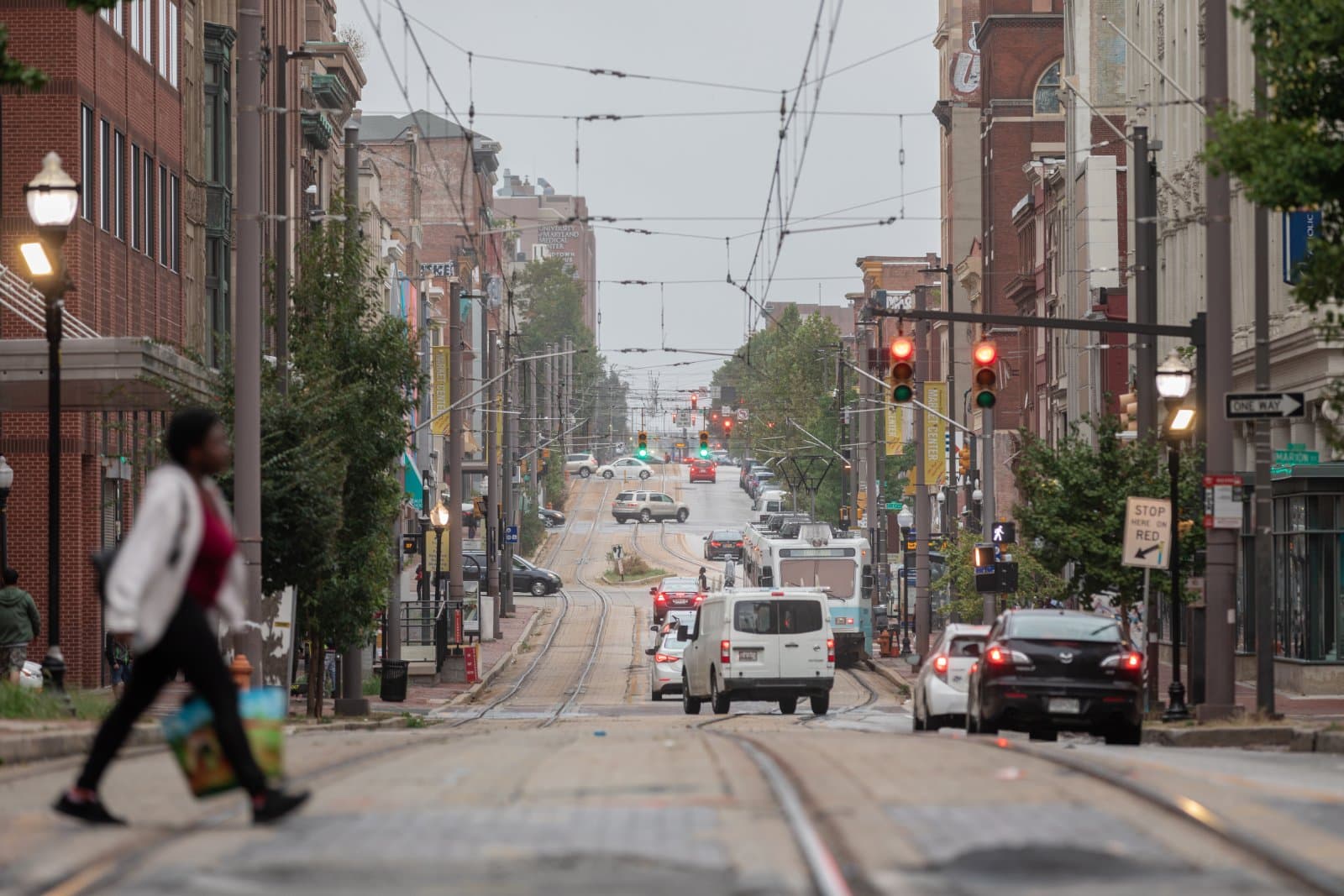
- Maryland – high debt-to-income ratio and cost of living index, making it challenging for Marylanders to save when facing everyday expenses and financial pressures.
Top Metro Areas for Saving

Following that, the best metro areas to save in, according to Forbes, were:
- Detroit-Warren-Dearborn, MI
- Chicago-Naperville-Elgin, IL-IN-WI
- Washington-Arlington-Alexandria, DC-VA-MD-WV
- Dallas-Fort Worth-Arlington, TX
- Seattle-Tacoma-Bellevue, WA Metro Area
Financial Planning

If you or your family are struggling to save money and you’re living in one of the states listed here, looking at where your finances are going and seeing if there are any opportunities to lower your spending may be worthwhile.
Featured Image Credit: Pexels / Tae Fuller.
The content of this article is for informational purposes only and does not constitute or replace professional advice.
The images used are for illustrative purposes only and may not represent the actual people or places mentioned in the article.
For transparency, this content was partly developed with AI assistance and carefully curated by an experienced editor to be informative and ensure accuracy.





